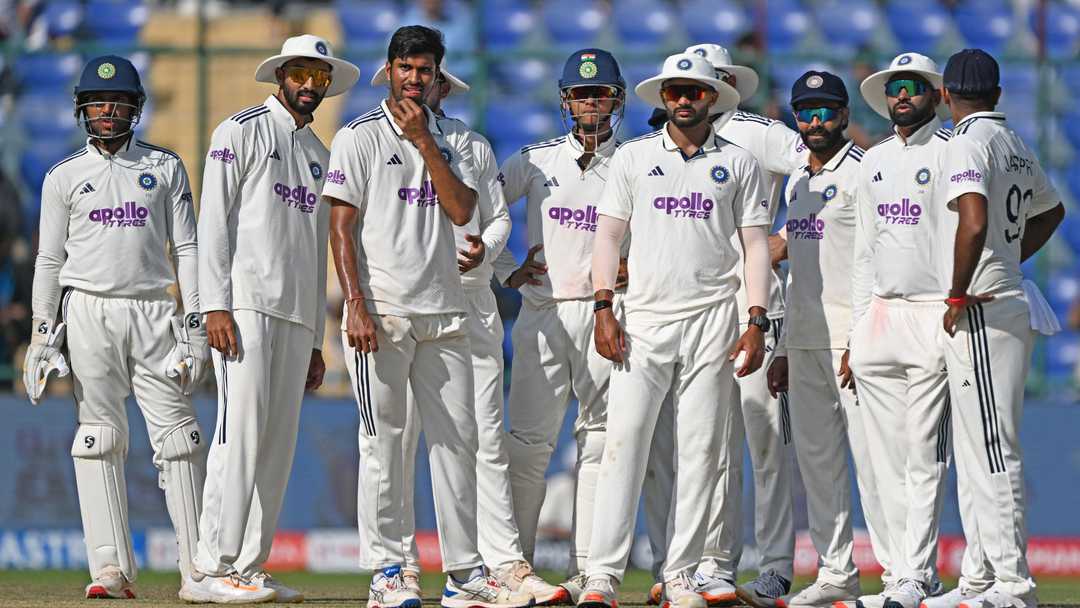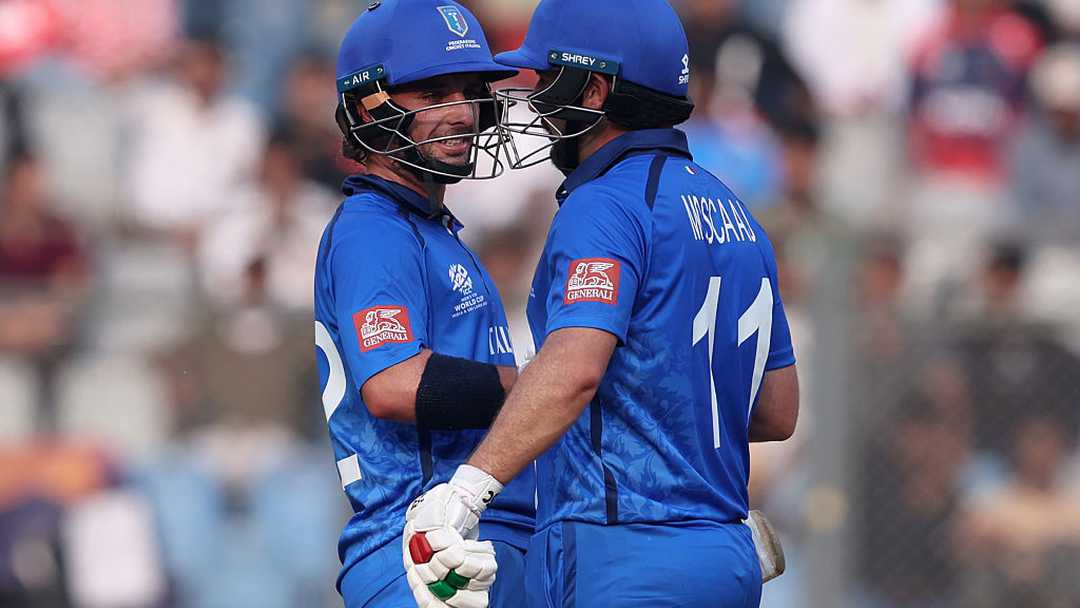
India's fortress falters: Inside their home slump
India's 0-2 whitewash at the hands of South Africa has triggered intense scrutiny from fans, pundits, and former players. The defeat comes on the heels of a 0-3 drubbing at home by New Zealand last year and a 1-3 collapse Down Under that cost India a spot in the World Test Championship final for the first time.
For a team that once strung together an unprecedented 18 consecutive home series wins, the sudden slide into repeated home failures has raised deep questions about selections, tactics, coaching philosophy, and India's readiness against increasingly well-prepared touring sides.
Putting the decline in perspective
India have now lost five of their last seven home Tests, with only a 2-0 win over an injury-ravaged West Indies breaking the sequence. The last time India endured a similar stretch – losing five Tests in a seven-match home span – was in the late 1950s.
India's poor run at home in late 1950s
| Season | Against | Venue | Result |
|---|---|---|---|
| 1956/57 | Australia | Chennai | Lost by innings & five runs |
| 1956/57 | Australia | Kolkata | Lost by 94 runs |
| 1958/59 | West Indies | Kanpur | Lost by 203 runs |
| 1958/59 | West Indies | Kolkata | Lost by innings & 336 runs |
| 1958/59 | West Indies | Chennai | Lost by 295 runs |
| 1959/60 | Australia | Delhi | Lost by innings & 127 runs |
| 1959/60 | Australia | Chennai | Lost by innings 55 runs |
India have also lost rubbers in back-to-back home seasons for the first time since the mid-1980s. The two recent whitewashes sting particularly sharply because India had previously suffered this indignity only once at home – against South Africa in 2000.
Selection volatility under Gambhir
In the 19 Tests India have played under Gautam Gambhir since September 2024, the team has looked anything but a settled Test side. 24 players have been used in this period, and India have managed to field an unchanged XI in consecutive Tests just twice.
Across these 19 Tests, the management has made a staggering 45 changes to the playing XI. Part of this instability stems from injuries and retirements, but Gambhir's tenure has been marked by a preference for multi-skilled cricketers over specialists.
India under Gambhir have also stumbled into a long-term structural problem for the No.3 vacancy – a slot that was safeguarded by Rahul Dravid and then Cheteshwar Pujara for the best part of 25 years. Gambhir entrusted the role to Sai Sudharsan, who ended his debut year averaging 27.45 from 11 innings with just two fifties.
Out-spun and out-bounced: South Africa expose India in their backyard
In the recently concluded series, South Africa out-bowled India in India, something that has virtually never happened in India's Test history. Their seamers averaged an absurd 15.53, nearly half of India's 26.50. Their spinners were even more dominant, operating at 15.48, while India's more experienced and varied spin attack languished at 30.57.
Bowlers in India – South Africa series (2025)
| Bowler type | Overs | Wkts | Avg | SR | ER |
|---|---|---|---|---|---|
| Ind (pace) | 121 | 14 | 26.50 | 51.8 | 3.06 |
| SA (pace) | 88.5 | 13 | 15.53 | 41.0 | 2.27 |
| Ind (spin) | 217.4 | 21 | 30.57 | 62.1 | 2.94 |
| SA (spin) | 156.1 | 25 | 15.48 | 37.4 | 2.57 |
Visiting bowlers achieve parity
The visiting teams have now arrived in India better prepared and have been able to do the same to India what India did to them in the past.
In Bengaluru last year, India suffered the ignominy of getting dismissed for their lowest total at home and it was the seamers that did the damage. In this series, Marco Jansen used the uneven bounce in Kolkata and exploited reverse swing in Guwahati to highlight how adept overseas bowlers are currently while bowling on Indian wickets.
Indian batters' spin game
The series against South Africa was only the third time in a multi-Test series at home where an India batter failed to reach three figures. When balls turn square, the best option to put bowlers off their good lengths is to sweep, and this has been a key arsenal for touring teams.
In each of the four home rubbers since last year, the visiting sides have deployed sweep shots and its variants more often than the home team and have scored more runs off the shot.
| Series | India (% sweeps) | Visitors (% sweeps) | India (runs via sweeps) | Visitors (runs via sweeps) |
|---|---|---|---|---|
| Ind vs Ban | 7.0 | 13.8 | 120 | 137 |
| Ind vs NZ | 7.7 | 9.6 | 171 | 235 |
| Ind vs WI | 3.3 | 6.5 | 92 | 142 |
| Ind vs SA | 4.8 | 6.8 | 77 | 167 |
The Gautam Gambhir era: a team without identity
The numbers say it all. In nine home Tests under Gambhir, India have won four and lost five. No Indian coach ever has overseen two home series defeats, let alone back-to-back whitewashes.
India coaches at home since 2000/01 season
| Coach | Mat | Won | Lost | Draw | W/L ratio | Series defeats |
|---|---|---|---|---|---|---|
| John Wright | 24 | 11 | 4 | 9 | 2.75 | 1 |
| Greg Chappell | 6 | 3 | 1 | 2 | 3.00 | 0 |
| Gary Kirsten | 19 | 10 | 2 | 7 | 5.00 | 0 |
| Duncan Fletcher | 15 | 11 | 2 | 2 | 5.50 | 1 |
| Ravi Shastri | 19 | 15 | 1 | 3 | 15.00 | 0 |
| Anil Kumble | 13 | 10 | 1 | 2 | 10.00 | 0 |
| Rahul Dravid | 13 | 9 | 2 | 2 | 4.50 | 0 |
| Gautam Gambhir | 9 | 4 | 5 | 0 | 0.80 | 2 |
India's next home WTC series may not arrive until early 2027, a gap that should offer breathing room. Instead, it feels like a clock ticking down. What this past year has revealed is not just poor results – it's the loss of something deeper: a clear, confident identity at home, the one thing India could always rely on.


